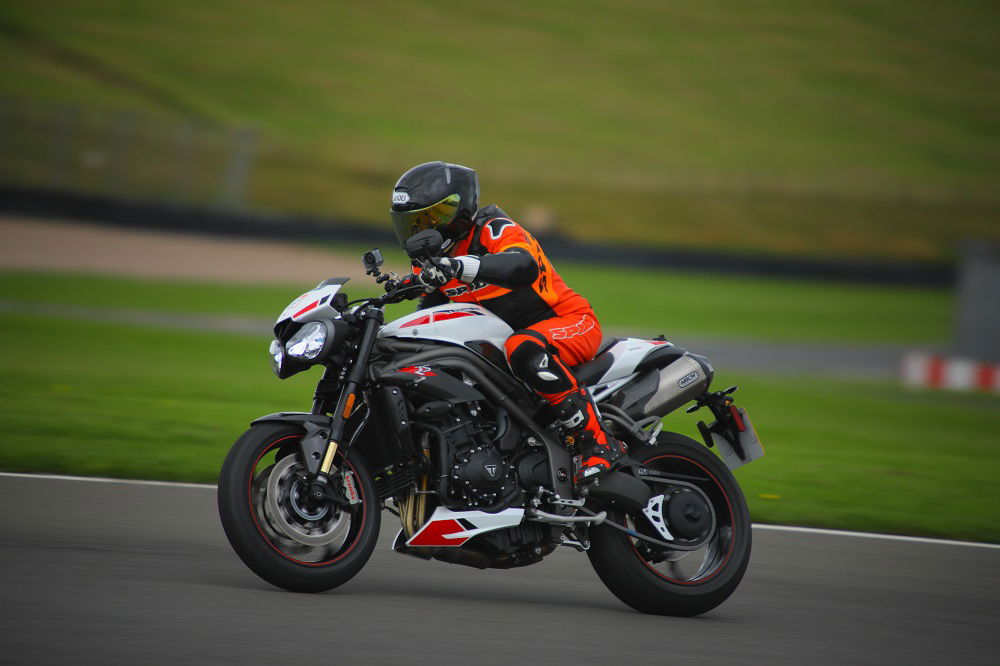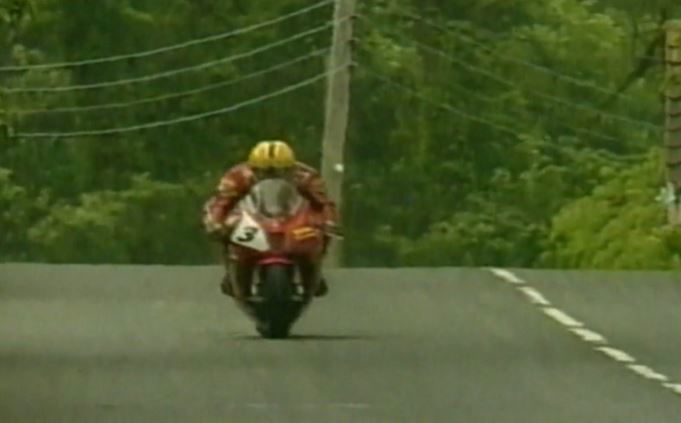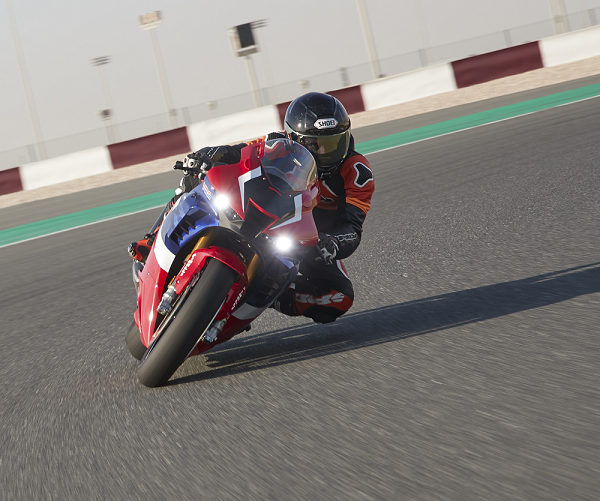Could bikes ever return to Pikes Peak?
After the death of racer Carlin Dunne at last year’s event, some close to the sport are advocating the return of motorcycles to America’s most famous mountain

THE death of Carlin Dunne was something that grabbed the motorcycle riding (and non-riding) public’s attention in 2019. For a racer who’s exploits were little known outside of the industry, or indeed outside of his home country, the death and circumstances surrounding his passing were headline news across the globe.
Riding a pre-production Ducati Streetfighter V4, Dunne was one of the fastest men ever to climb the 12.4mile, 156 corner course. So fast was Dunne, he was nicknamed the “King of the Mountain” for his numerous wins and records achieved at the historic course.
Indeed, had Dunne not suffered a freak accident just 20m from the finish in 2019, his estimated time traversing the 14,115-foot Colorado mountain would have been around 12 seconds faster than the current course record.
After news of the crash broke, it took just a couple of weeks for the organisers of the event to announce that motorcycles would not race at the course in 2020, and that they would monitor “metrics related to the annual race and make a final determination in late 2020 about whether or not the inclusion of a motorcycle program will take place”.
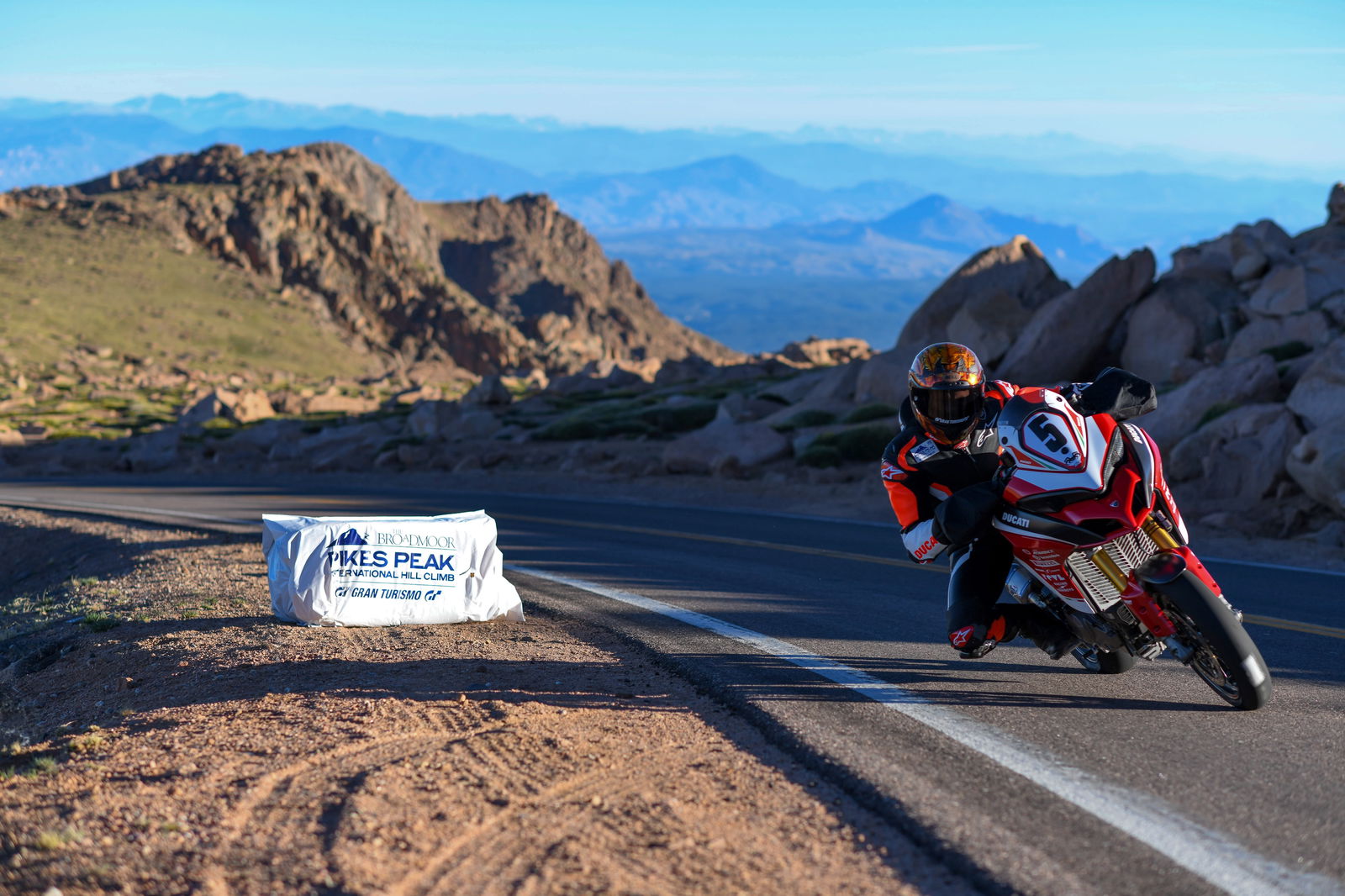
As it stands bikes will not compete in the 2020 event, scheduled to take place this August, although surprisingly there are some advocates of allowing bikes back into the event. One of whom is Romie Gallardo, Dunne’s mother.
In a frank and open interview with Sports Illustrated, she talks about how banning bikes is an easy way out, making them safer as they race up the famous hill is the more serious and preferred challenge.
Gallardo is sure that her sone would not have wanted the motorcycle element of the event to end, going on to say that a CC cap could be one way forwards.
“I think the biggest and first change that could be implemented—and probably the easiest—is to cap the cc of the motorcycle,”
She also shunned the idea of protective barriers and netting at the side of the road, she said, “There is nothing they could have put up that would have prevented him from going off the road … If they put up barriers or little walls or something, he would have slammed into it.”
Indeed, the barrier idea has been spoken about before, although on a public road, removing the road furniture after an event would be costly and time-consuming.
Another advocate of two-wheeled participation in the event is Andrew Conrad, an acute care and general surgeon at Parkview Medical Center in Pueblo, Colorado – the town where the race begins. He also states that the organisers should revaluate and then move forwards.
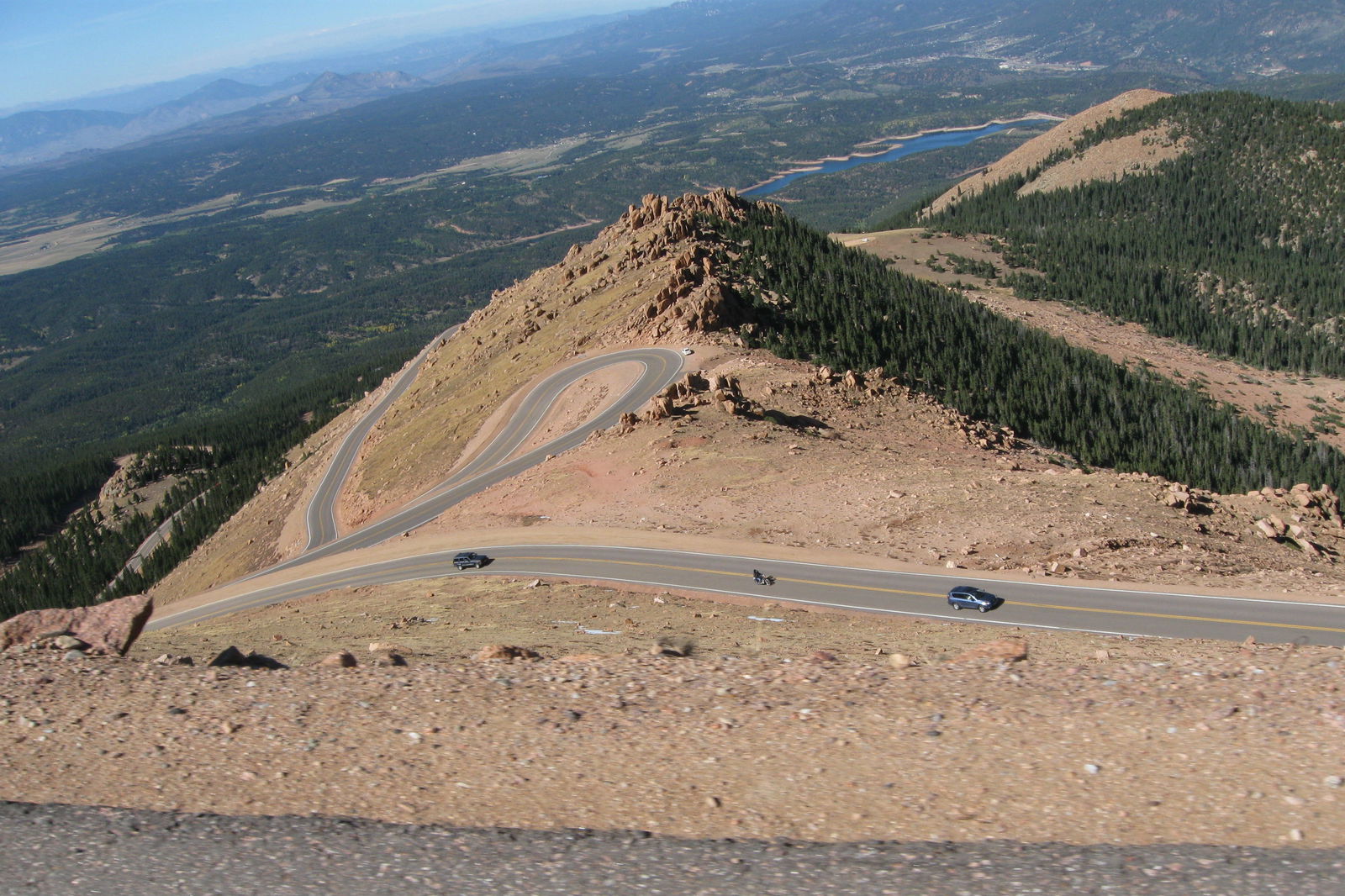
“Number one, racing is inherently dangerous,” Conrad says. “Number two, the Pikes Peak Hill Climb is inherently dangerous. And riding a motorcycle is inherently dangerous.”
Another, slightly less surprising, supporter of the event is Rennie Scaysbrook, also tipped as one fo the fastest racers to take on the mountain.
“We got told every morning of practice just as the sun was coming up,” he says. “They would say, ‘Don’t crash.’ and ‘Don’t crash because if someone gets hurt or worse this whole thing is gonna stop.’”
With such strong support for bikes taking part in the hill climb from such a varied number of individuals linked to the sport, it seems that it is now just down to the organisers to decide whether the bike element of the event needs to evolve or be consigned to history.
As fans of the event, we sincerely hope it’s the former…
